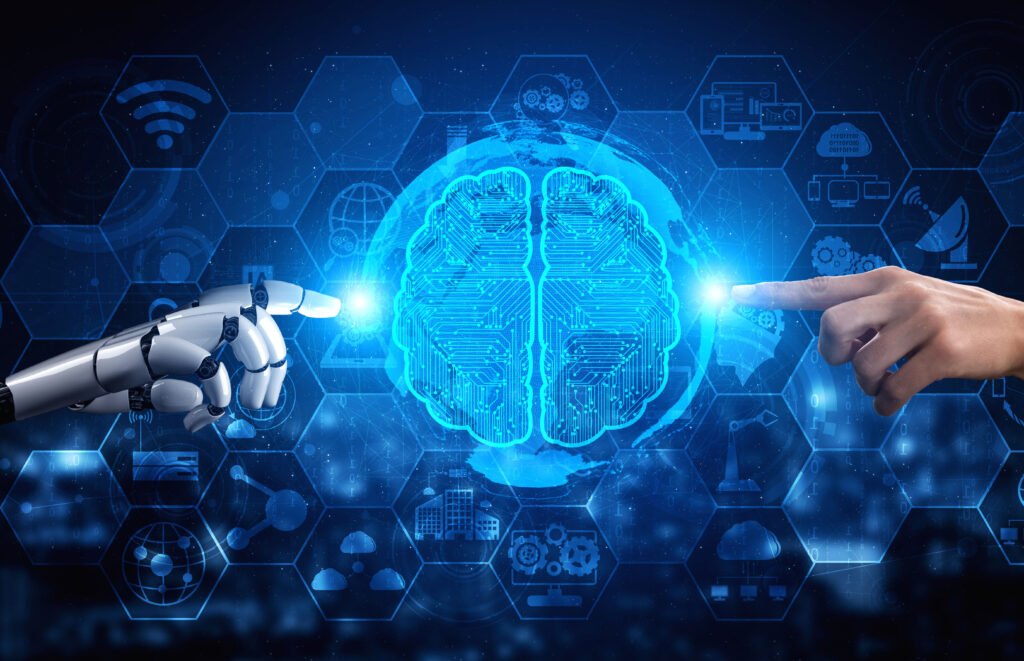The Office for Artificial Intelligence, Digital Economy, and Remote Work Applications has introduced a comprehensive guide to promote the implementation of generative AI applications in government work models.
This initiative is aligned with the instructions of His Highness Sheikh Mohammed bin Rashid Al Maktoum, the Vice President, Prime Minister, and Ruler of Dubai, to intensify research and efforts towards the adoption of advanced technologies in the government sector.
The launch of the “Generative AI” guide by the Artificial Intelligence, Digital Economy and Remote Work Applications Office is aimed at helping government entities to utilize AI technologies and enhance their implementation in various fields.
The guide is a valuable resource that reinforces the UAE government’s commitment to becoming a global pioneer in technology and artificial intelligence sectors by designing proactive strategies and working on legislative and regulatory frameworks to overcome challenges and limit negative use, according to WAM.
The guide’s launch is a proactive step towards achieving the UAE’s vision and objectives, and generative AI applications such as ChatGPT, which has garnered over 100 million users in months, have tremendous potential for enhancing development, productivity, and driving transformative shifts in vital sectors such as education, healthcare, and wellbeing.
The UAE is committed to advancing AI technology, especially generative AI, which offers significant opportunities for multiple sectors. Generative AI employs algorithms that create new content, such as images, videos, music, and text, that mimic human creativity, making it a promising area of innovation.
The guide provides a comprehensive overview of generative AI, covering its challenges, opportunities, and optimal approaches for its management, as well as emphasising the importance of data privacy. It also showcases 100 applications of generative AI, including ChatGPT, which is widely used for language translation, text creation, music composition, and image and video synthesis.
The guide highlights the implementation of language-based tasks in healthcare, education, and transportation, and emphasizes the UAE’s commitment to designing policies and regulations that align with future approaches.
The guide illustrates how generative AI applications can improve the dissemination of information on government services and make them more accessible to the public. By automating customer service inquiries, these applications can improve response times and operational efficiency. Furthermore, they can analyze customer feedback on services and evaluations, providing decision-makers with insights to develop more effective policies.
The guide also highlights the advantages of incorporating generative AI applications in education and their potential as virtual tutors or teaching assistants. These applications can offer personalized and interactive support to students by addressing queries and providing feedback on tasks.
Teachers can also use these applications to automate administrative tasks and develop interactive learning materials tailored to students’ interests, such as quizzes, educational games, and simulation applications. These applications can significantly enhance the learning experience, leading to more effective outcomes.


